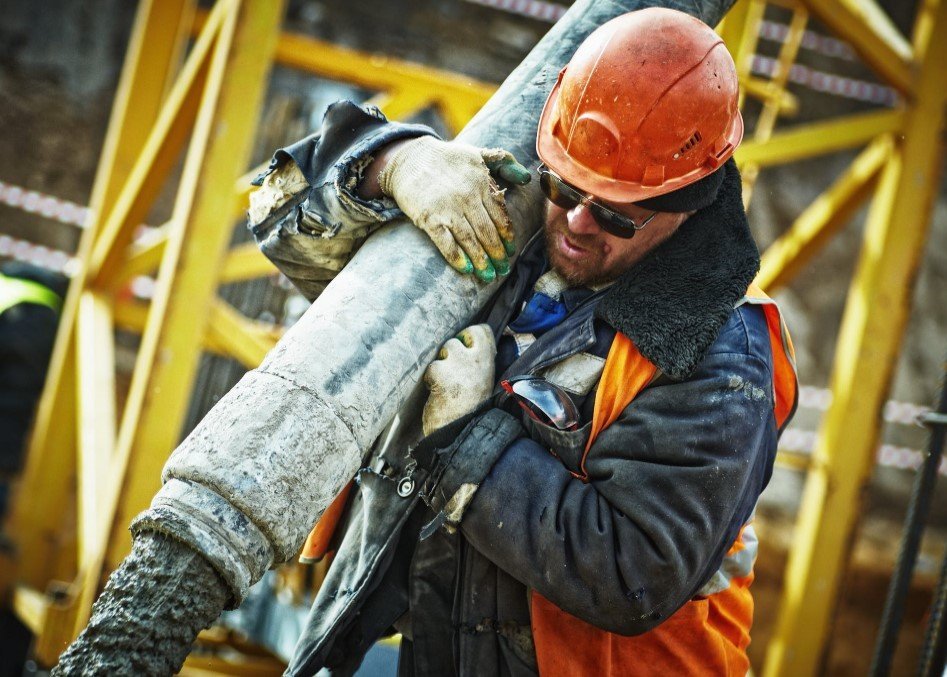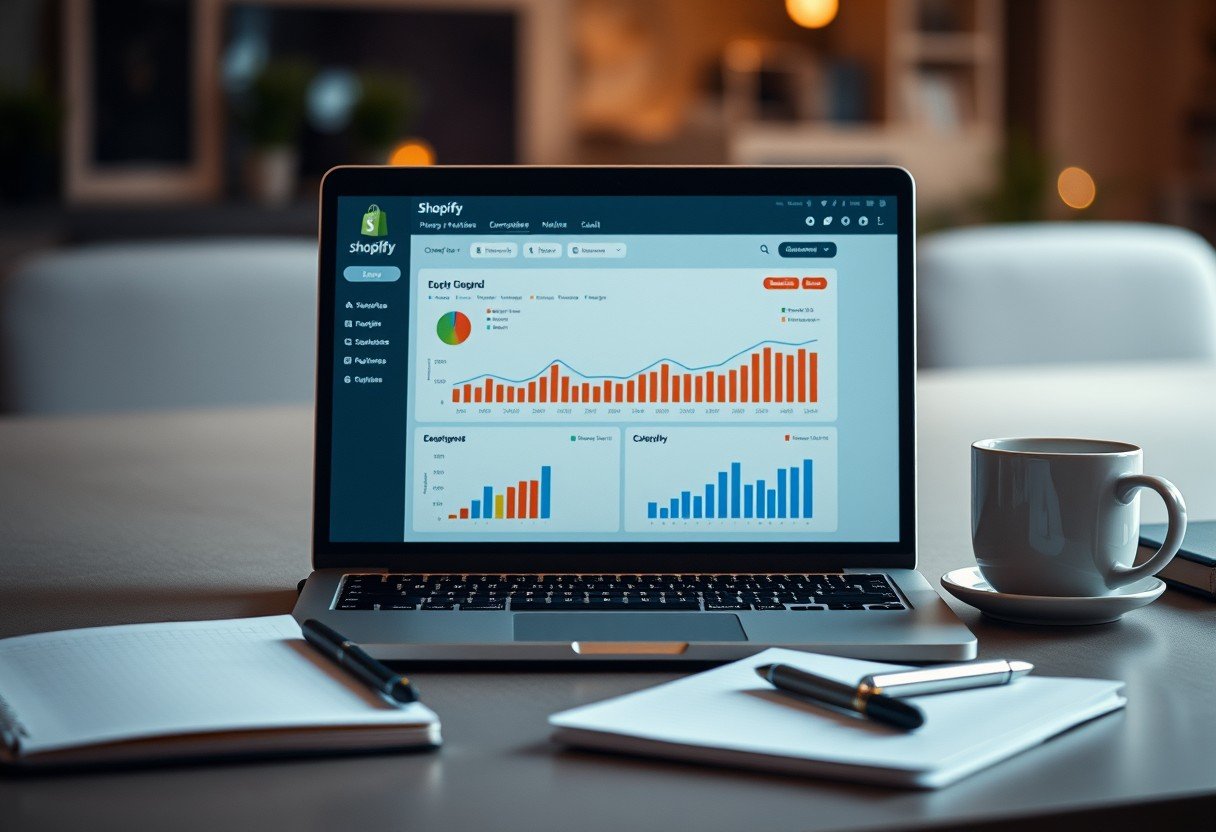Thinking of a plumber probably brings images of someone fixing a leaky faucet or a clogged drain. While that’s still a big part of the job, modern plumbing services have evolved far beyond simple repairs. Today’s plumbers are highly skilled technicians who use new materials and advanced technology to protect not just your pipes, but your entire home and health. This shift means homeowners now have access to a wider range of crucial services.
From Copper Pipes to Modern Materials
For decades, copper and metal pipes were the standard for home plumbing systems. While durable, they were also prone to corrosion and could be difficult to install and repair. The plumbing industry has seen a major shift in the materials used for pipes and water lines.
Today, you are more likely to find materials like PVC and flexible lines (flex lines) in new homes and repair jobs. These newer materials offer significant advantages. They are resistant to rust and corrosion, more flexible for easier installation in tight spaces, and often more cost-effective.
This transition from old metal pipes to modern plastics has fundamentally changed how plumbers approach maintenance and repairs. It allows for quicker fixes and longer-lasting solutions, ultimately saving homeowners time and money on future plumbing issues.
A Plumber’s Role in a Healthy Home
A plumber’s job description has expanded significantly. In the past, their focus was almost exclusively on the plumbing system itself. Now, they are crucial guardians of a healthy living environment. One of the biggest additions to their services is comprehensive home inspections for moisture-related problems.
Mold has become a major concern for homeowners, as it can cause serious health problems, and plumbers are now on the front lines of detecting it. They use advanced tools to check every corner of your home, including walls and hidden spaces, for leaks and moisture issues that could lead to mold growth.
This proactive approach helps identify problems before they become severe. A plumber can find the source of moisture, fix the underlying plumbing issue, and recommend steps to deal with any existing mold, protecting your family’s health and the structural integrity of your home.
| Service Area | Traditional Plumbing | Modern Plumbing |
| Primary Focus | Fixing pipes, leaks, and sewers | Whole-home moisture management |
| Materials | Copper and metal pipes | PVC, flex lines, advanced polymers |
| Inspections | Basic leak checks | Full home mold and moisture detection |
| Technology | Manual tools and techniques | Advanced cameras and detection gear |
The Future of Home Plumbing Technology
The plumbing industry continues to advance with new technologies that were once only found in industrial or commercial settings. Water filtration systems are a prime example. Homeowners now have access to sophisticated systems that provide cleaner, safer water throughout the house.
Plumbers today need a higher level of education and training to keep up with these innovations. They are no longer just mechanics but technology specialists who can install, maintain, and repair complex systems. This includes everything from smart toilets and touchless faucets to advanced water heaters and filtration units.
As a result, the industry has become more regulated, with new certifications required to ensure plumbers are qualified to handle these modern systems safely and effectively.
Are Plumbers Still Available for Small Emergencies?
With all these new skills and services, you might wonder if you can still call a plumber for a simple clogged drain or a running toilet. The answer is a definite yes. Despite their expanded expertise, the core job of a licensed plumber is to solve any problem related to your plumbing, big or small.
Emergency services remain a fundamental part of the business. Most plumbing companies still offer 24/7 availability because they understand that a burst pipe or a backed-up sewer line can’t wait until morning.
In fact, many plumbers use these emergency calls as an opportunity to provide extra value. While they are at your home, some may offer a free evaluation of your overall plumbing system to help you spot potential issues before they become major emergencies.
What to Expect When You Call a Plumber Today
When a plumber arrives at your home, especially during an emergency like a large water leak, it’s best to show them the water main and give them space to work. Their initial priority is to stop the immediate problem to prevent further damage.
Once the situation is under control, you should feel comfortable asking important questions. A professional plumber will be prepared to provide you with answers and options. This is your chance to ensure you are hiring a qualified expert.
Key things you can and should ask for include:
- Proof of their license and certifications.
- A business card with their contact information.
- A clear explanation of the problem and the proposed solution.
- An estimate of the costs for the repair and any other recommended services.
This open communication ensures you know what work is being done in your home and helps build trust with the professional you’ve hired.
Frequently Asked Questions
What kind of new materials do modern plumbers use?
Plumbers now commonly use materials like PVC (polyvinyl chloride) and flexible PEX (cross-linked polyethylene) pipes. These are favored over traditional copper and metal because they are more resistant to corrosion, easier to install, and often more affordable.
Can a plumber really help with mold problems in my house?
Yes, a modern plumber is trained to detect hidden leaks and moisture issues that are the primary cause of mold growth. By identifying and fixing the source of the water, they play a crucial role in preventing mold and maintaining a healthy home environment.
Is it okay to do my own small plumbing jobs?
While you can learn to handle very minor tasks like a simple clog, most plumbing work is best left to a licensed professional. Incorrect repairs can lead to major water damage, and working with plumbing systems can be hazardous without the proper training and tools.
Are plumbers available for emergencies 24/7?
Most professional plumbing companies offer 24-hour emergency services, seven days a week. They understand that plumbing disasters don’t always happen during business hours and are prepared to respond to urgent issues like burst pipes or sewer backups at any time.
What questions should I ask a plumber before they start working?
After they have handled the immediate emergency, you should ask for their license number, a business card, and a clear estimate of the costs. It’s also a good idea to ask them to explain the problem and the different options available for fixing it.









Leave a Comment